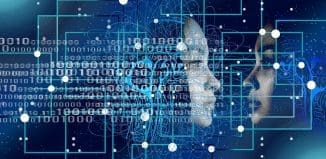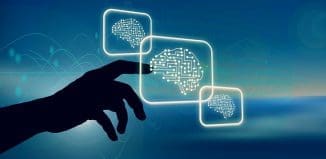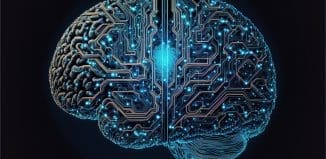Will AI Destroy Us? Probably not
This post is also available in:  עברית (Hebrew)
עברית (Hebrew)
Strong Artificial Intelligence is still a long way off, it happens at all. But the worry that keeps creeping up is that once we do develop AI of the kind that might one day do real thinking on its it might turn against us, and humanity would be powerless to stop it.
At the end of last year, scientists grappled with exactly this issue in a summit in Montreal, as well as issues of employment, complications to legal proceedings, and others.
“I think the biggest challenge is the challenge to employment,” said Andrew Ng, the chief scientist for Chinese search engine Baidu Inc. The breakneck pace of advancement in AI could seriously jeopardise the work prospects of “huge numbers of people in their 20s and 40s and 50s,” he said.
“There’s no doubt that there are classes of jobs that can be automated today that could not be automated before,” said MIT economist Erik Brynjolfsson. Jobs at risk include junior lawyers, checkout workers at supermarkets, and a whole host of professions employing millions of people.
While the immediate risk to people’s livelihoods is apparent, some day in the future the danger could be to people themselves. We’d need to enforce strong protections against AI that could turn on us.
“We want an agent that cannot or will not modify its own value system,” said Shahar Avin, a researcher at the University of Cambridge’s Centre for the Study of Existential Risk.
But perhaps we’re even imagining the risk in the wrong way.
“We’re driven by basic instincts that were built into us for survival,” said director of AI research at Facebook, Yann LeCun. “Machines will have a very, very different type of intelligence. It will not have the drives that make people do bad things to each other.”





























